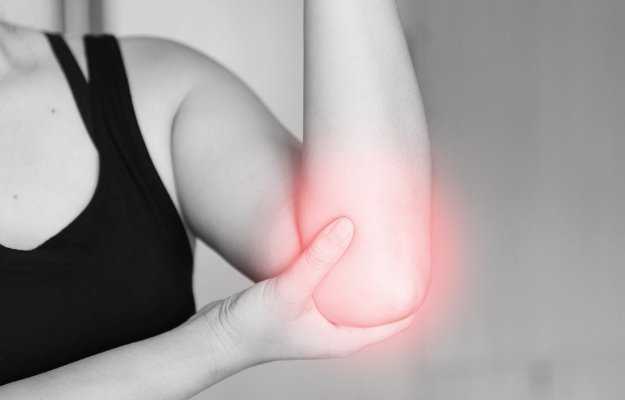What is Joint stiffness?
Joint stiffness refers to difficult or reduced mobility of the joints. Joint stiffness can involve a single joint or multiple small joints, such as those of the wrist or hands.
What are its main associated signs and symptoms?
Joint stiffness can comprise restricted mobility, cracking of joints, pain and associated inflammation or swelling. Joint stiffness may be aggravated at certain times of the day, especially during the morning. This happens because joints are not active during the night and there is no fluid movement between the two bones. However, as the day progresses, the joints lubricate themselves and the individual starts feeling better. Chronic joint stiffness may lead to a permanent disability.
What are the main causes?
Joint stiffness could be due to an injury which causes self-limiting but severe joint stiffness or it could be due to various underlying medical conditions, which can lead to prolonged stiffness worsening over time. The primary cause of joint stiffness is arthritis, rheumatoid arthritis being the most common. It is an autoimmune disorder affecting the healthy cells of the joints, making them inflamed, painful and stiff. Stiffness in the elderly commonly occurs due to osteoarthritis, which mainly involves single joints such as those of the knee, hip and back. Other causes of joint stiffness are related to lifestyle habits, such as leading a sedentary lifestyle, being overweight and having faulty postures. Bone cancer is a rare cause of joint stiffness.
How is it diagnosed and treated?
Joint stiffness is a symptom of an underlying medical or lifestyle disorder; hence, a detailed evaluation is required to diagnose the condition. Depending on the person’s age, lifestyle and medical history, the doctor may order a series of blood tests and X-rays of the affected joints to arrive at a diagnosis. Based on the diagnosis, joint stiffness is managed with anti-inflammatory drugs, steroids and painkillers. The best way to relieve joint stiffness is to apply hot fomentation to the affected joints for a few minutes, several times a day. Heat is considered therapeutic for the joints, as it relaxes the joint and increases blood circulation. Maintaining a healthy weight through regular exercise and taking fish oil supplements can also be quite beneficial in reducing joint stiffness.

 Doctors for Joint Stiffness
Doctors for Joint Stiffness  OTC Medicines for Joint Stiffness
OTC Medicines for Joint Stiffness
 Joint Stiffness articles
Joint Stiffness articles








 Editorial Team
Editorial Team











